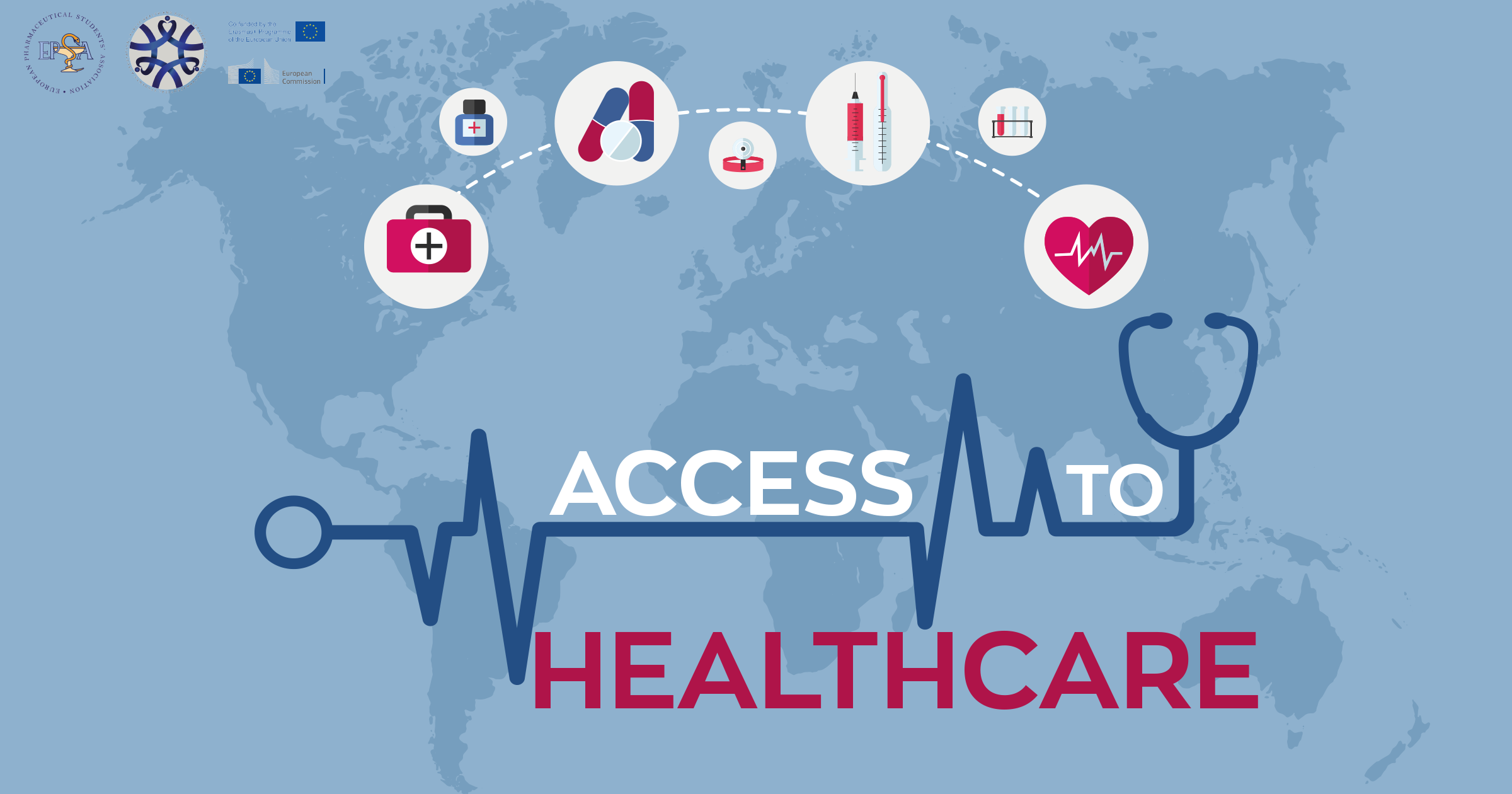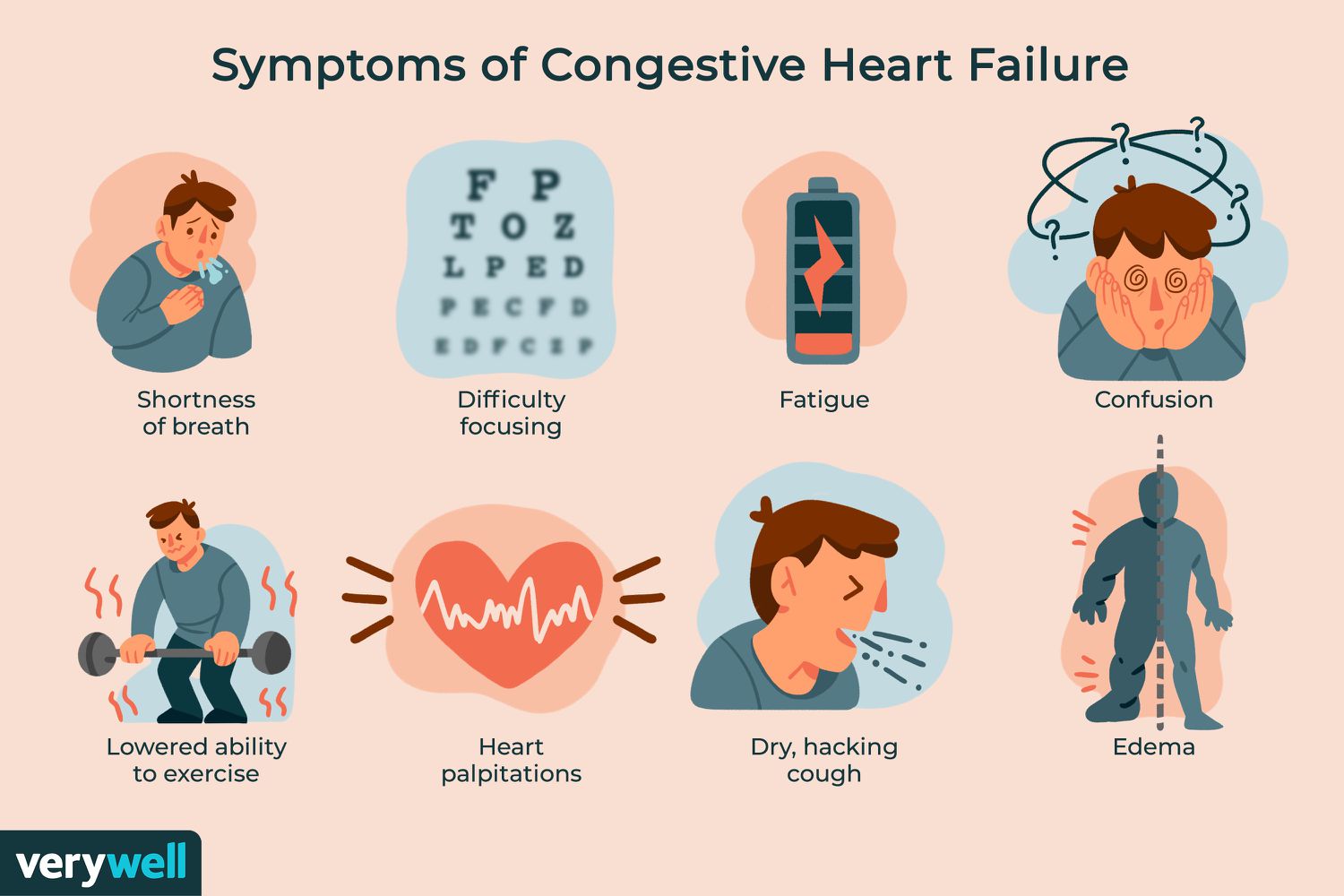Healthcare access is a fundamental human right, yet it remains a significant challenge for many people worldwide. The ability to obtain quality healthcare services is influenced by various factors, including economic status, geographic location, and social determinants of health.
Economic Barriers
- Cost: High costs of healthcare services, including medications, procedures, and hospital stays, can be prohibitive for many individuals and families.
- Insurance: Lack of health insurance or inadequate coverage can limit access to care.
- Out-of-pocket expenses: Even with insurance, out-of-pocket costs can be burdensome, leading to delayed or avoided care.
Geographic Barriers
- Rural areas: Limited availability of healthcare providers and facilities in rural areas can result in longer travel times and reduced access to care.
- Underserved communities: Communities facing social and economic disadvantages often have limited access to healthcare services.
Social Determinants of Health
- Education: Education level can influence health literacy and access to information about healthcare services.
- Occupation: Occupation can affect income, health insurance coverage, and exposure to health risks.
- Housing: Adequate housing can impact health outcomes and access to healthcare.
- Transportation: Access to transportation can influence the ability to reach healthcare facilities.
Health Disparities
- Racial and ethnic disparities: Disparities in healthcare access and outcomes often exist along racial and ethnic lines.
- Gender disparities: Women and girls may face unique challenges in accessing healthcare, particularly reproductive health services.
- Age disparities: Older adults and children may have specific healthcare needs that are not adequately addressed.
Improving Healthcare Access
Addressing healthcare access requires a multi-faceted approach, including:
- Expanding health insurance coverage: Implementing policies to ensure that everyone has access to affordable health insurance.
- Investing in healthcare infrastructure: Expanding the availability of healthcare facilities and providers, particularly in underserved areas.
- Addressing social determinants of health: Implementing policies and programs to address social and economic disparities.
- Improving health literacy: Providing education and information about health and healthcare services.
- Promoting global health cooperation: Collaborating with international organizations to improve healthcare access worldwide.
By addressing these challenges and promoting equitable access to healthcare, we can work towards a healthier and more just world for all.
Would you like to learn more about a specific aspect of healthcare access or a particular country’s healthcare system?



